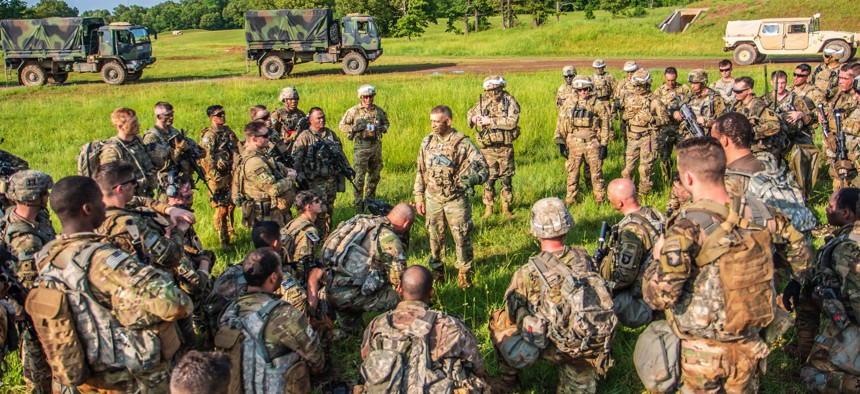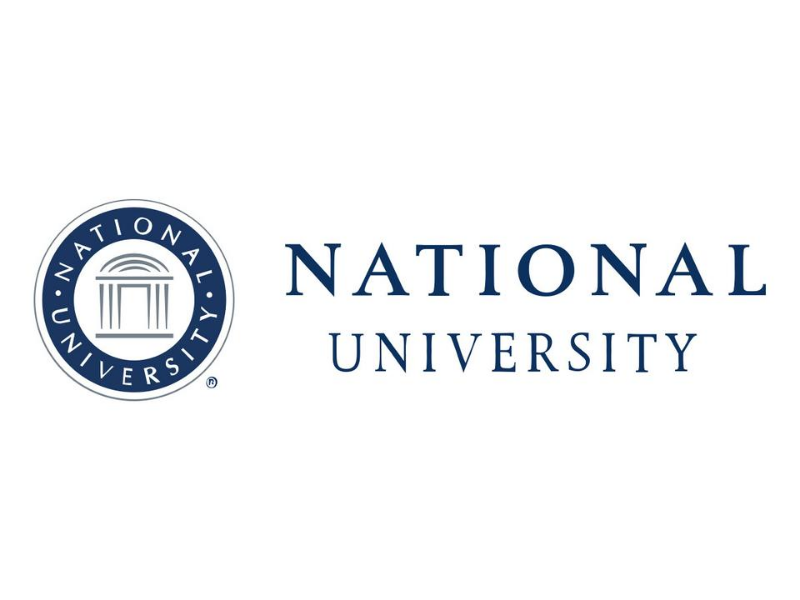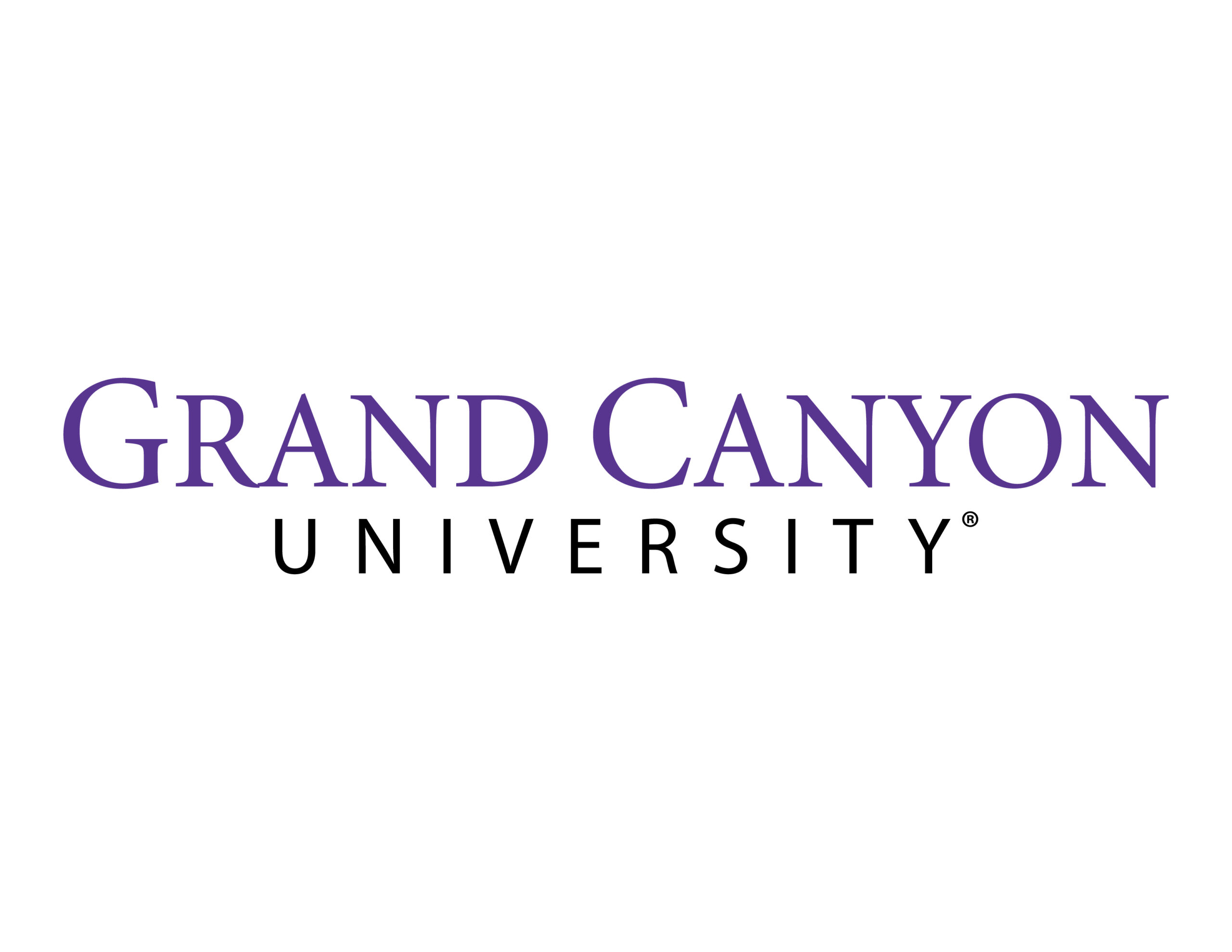
Non-commissioned officers, long the “backbone” of the U.S. military, are proving even more crucial on modern battlefields.
One reason the Russian military has struggled to win territory in Ukraine is its lack of a strong corps of non-commissioned officers, or NCOs, which are more crucial than ever to success on the modern battlefield, U.S. military officials and experts say.
In the American military, NCOs—enlisted servicemembers at or above the rank of Army and Marine corporal, Air Force staff sergeant, and Navy petty officer—are trusted experts who execute officers’ battlefield directions and take care of the troops. But while China is working to develop a corps of enlisted leaders, Russia seems stuck in an older model.
“The Russians are practicing a top-down, very, very top-heavy directive in nature–sort of, settled orders coming from the top, which is not necessarily the best thing to do in a dynamic battlefield,” Gen. Mark Milley, chairman of the Joint Chiefs of Staff, said Tuesday to the Senate Appropriations defense subcommittee.
Defense Secretary Lloyd Austin said that Russia’s failure to “integrate aerial fires with their ground maneuver” was due to the lack of lower-level leadership.
Rep. Mikie Sherrill, D-N.J., who served as a Sea King helicopter pilot in the Navy for 10 years, said Russia’s performance in the war reaffirms her own experience: the military doesn’t function without an empowered NCO class.
“I could have told you that certainly, that is the backbone of the U.S. fighting force. And I think we’ve seen the lack of that in the Russian military and how that impacts their ability to conduct this war and certainly, the inability without the mission command to really have anyone other than the actual general lead with the commander’s intent,” Sherrill said.
But others note that the Russian military has historically done reasonably well without a NCO corps. Michael Kofman, research program director at CNA’s Russian Studies Program, said that Russia and the Soviet Union have won wars in the past. In Ukraine, he said, the lack of an NCO corps is not the problem, but the top-down decision-making structure.
The Russian military is considered rigid at the tactical level and flexible only at the strategic operational level, Kofman said, leaving ownership and independent thinking to the officers. At these higher officer levels, he said, “That’s where you see the Russian military really sort of affected structurally as a force in terms of its culture and how it operates.”
Russia’s version of NCOs are mostly contracted troops who do not have a leadership role or manage discipline like their counterparts in the U.S. or British militaries, Kofman said.
“They are not in charge of, you know, adapting the unit. They’re not in charge of tactics and things like that…The person in charge of everything is the officer. That’s why the Russian military is officer top-heavy. The officer corps handles all those issues that NCOs might,” he said.
U.S. military services, by comparison, entrust leadership to NCOs. Mission command is pushed to the lowest possible rank, meaning that officers give objectives—for example, to seize a hill— and NCOs work out how to accomplish it, said Army Sgt. Maj. Jeremy Crisp, a spokesman at III Armored Corps at Fort Hood Texas.
“But for instance, if you’re running up that hill and all of a sudden there’s a roadblock that the commander didn’t say in his initial intent, the soldiers are allowed the flexibility to figure out how to either go around, above, below, or through that roadblock to accomplish the mission, because the commander hasn’t micromanaged it to such a point that the NCOs and the junior officers can’t accomplish that mission,” he said.
NCOs are also responsible for the combat readiness, including the general well-being, of their troops. In March, a senior U.S. defense official said that Russian forces had struggled to feed their troops.
“If you’re not taking care of your soldiers, they’re not going to be happy and they’re going to be miserable. And then that’s when the unit cohesion falls apart, that’s when things like mutual trust falls apart. That’s when things like shared understanding goes away,” Crisp said.
A large number of Russian generals have reportedly died in Ukraine, a rare occurrence in recent wars. Kofman said one reason is because Russian officers tend to lead from the front and survey battlefields themselves.
“They are a military where officers take a lot of risks that ours wouldn’t,” he said. “Second, there are definitely aspects of Russian military culture where a lot of what happens with the unit heavily depends on the officer and their personality and their performance. And so officers show up to the battlefield to lend their personality to the fight.”
Kofman said Russia’s generals feel like they must do this because the military does not sufficiently delegate authority and lacks ownership in the lower echelon levels. “And that’s in part because it doesn’t have an NCO corps and it also doesn’t have that kind of culture,” he said.
In the U.S. military, officers and non-commissioned officers are linked together. Each commander has a non-commissioned officer counterpart, from the platoon level up to the chiefs of the service branches. Crisp, who has served in the Army for 21 years, including 15 years as an NCO, said the U.S. Army would “fall apart” without a strong NCO corps.
“Readiness would decrease, the ability to function would decrease, the ability to be lethal would decrease. You can’t even fathom it,” he said.
Perhaps heeding that warning, China is working to develop its own NCO corps as part of its effort to make its People’s Liberation Army a world-class military by 2049. Personnel issues have been “one of the real challenges” for the PLA over the past 30 years, according to David Finkelstein, vice president and director of CNA’s China and Indo-Pacific Security Affairs division.
In the late 1990s, China established its first program to develop a professional NCO corps, but it has not been working out as well as they had hoped, according to Finkelstein. In 2013, China’s Communist Party decided they needed to “perfect the non-commissioned officer system,” he said. “So they understand that they’ve got some issues.”
The PLA is a mixed force of conscripts and volunteers, Finkelstein said. A conscript may elect to join the regular army and go to a school to become an NCO.
“But it’s not exactly clear how the system is working for them,” Finkelstein said. “But they’re very attuned to the fact that they’ve got to do better, because as they aspire to fight the type of high-tech, multidomain campaigns that they envision, they know that they have got to push authorities down to the lowest level… And pushing authority down to the lowest possible tactical level is really anathema to the PLA culture, where they have a very vertical and stove-piped command-and-control system.”
As in the Russian military, China’s junior officers have the same responsibilities that the U.S. expects NCOs to handle. But the PLA is paying attention to how other militaries build their officer and NCO corps and are working hard to be better at it, Finkelstein said. “It is really hard to change the culture of any organization, and military cultures change slower than most.”
The PLA is also the “armed wing of the Chinese Communist Party,” Finkelstein said, where people who want to become NCOs or officers are looked at for their political attributes.
The PLA was probably “quite taken aback by the challenges that the Russians have had” in the first phase of the war in Ukraine, he said, because they have traditionally held the Russian military in high esteem and because of Russia’s battle experience over the past 30 years, which the PLA does not have.
Finkelstein is certain that the PLA is studying how Russian forces are faring in Ukraine at the strategic and tactical levels..
“Ukraine is really going to be a battle lab for the PLA, to the degree that they can observe and learn anything about the Russian experience.”












